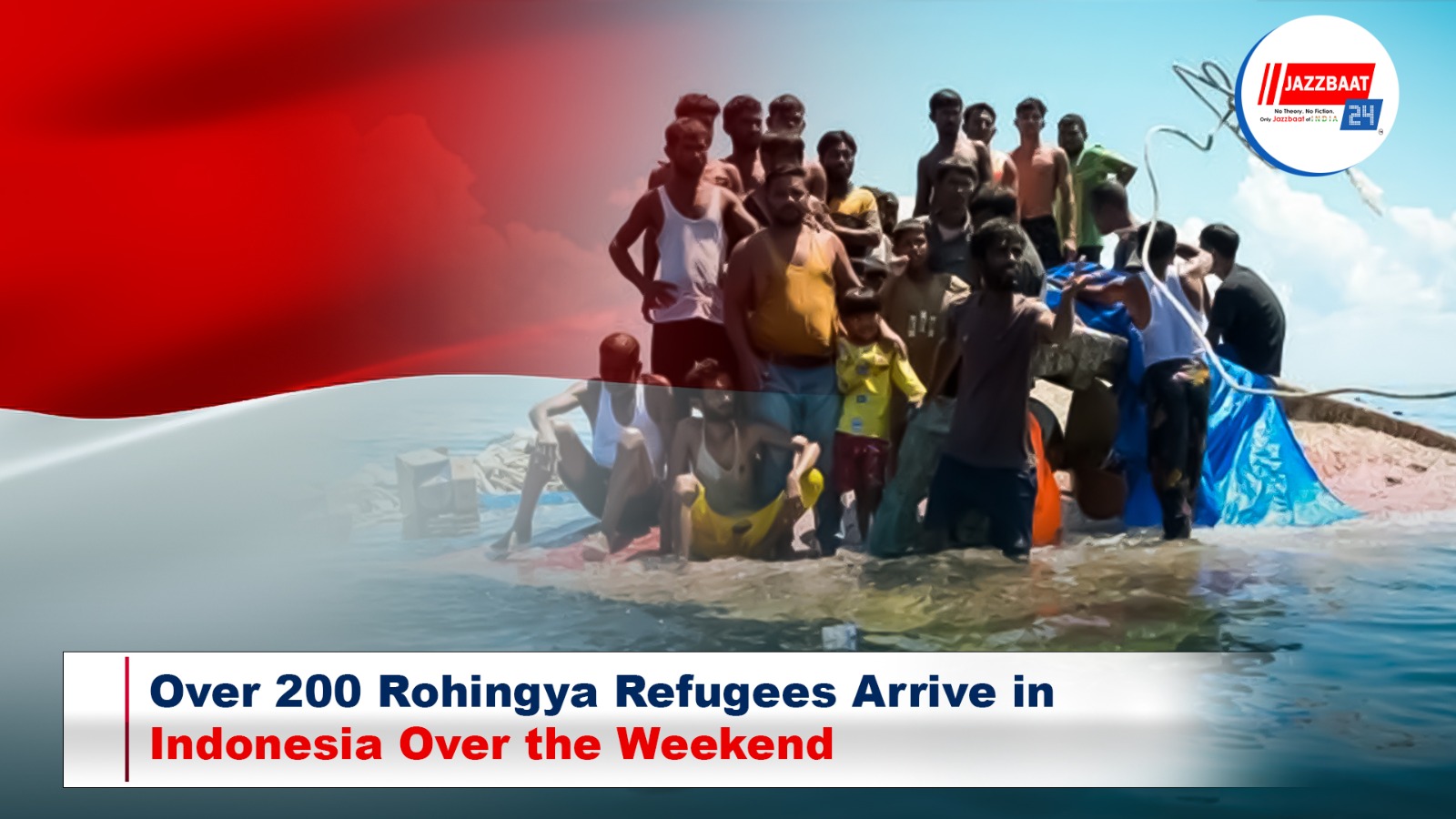Over 200 Rohingya Refugees Arrive in Indonesia Over the Weekend
More than 200 Rohingya refugees reached Aceh province over the weekend, according to officials from Indonesia. Only women and children were found aboard the boat-based refugees in a situation highlighting how desperate the persecuted minority has become. Two different boats carrying refugees into Aceh came ashore Saturday and Sunday, according to authorities. All of them reportedly survived this journey.
The vast majority of this Rohingya ethnic minority in Myanmar is Muslim and has endured decades of institutionalized persecution, violence, and statelessness. Many are pushed out of their homeland by the military crackdown and mass human rights abuses; they flee across borders to safe havens in Bangladesh, Malaysia, or Indonesia. Those journeys are risky with overcrowded boats, frail, not worth being at the sea, and crossing the seas for weeks with nothing even essential-food, water, and medications.
Local authorities said the refugees, weak and malnourished, need medical care as well. "We are giving them basic necessities like food, water, and shelter," an official said. They were temporarily put up in local facilities, but Indonesia's immigration and humanitarian agencies worked on coordinating their care and plan for their next course of action.
Humanitarian organizations praised Indonesia's consistent intent to accept the Rohingya, notwithstanding the enormous burden on the meager resources available. Yet, they maintained a call for interregional coordination and international cooperation in redressing the cause of this crisis. Last year, UNHCR reminded the Southeast Asian nations of their promises to protect and assist Rohingya asylum seekers by making sterner recommendations to avert unnecessary deaths at sea.
The latest in the queue of Rohinygaes seeking refuge in Indonesia after hundreds joined them in recent years and reached the shores of Indonesia tells us that incidents like these are on the rise due to their deteriorating condition in Bangladesh refugee camps and possible failure in finding longer-term solutions. Many Rohingya end up in overcrowded camps where one gets very minimal education, healthcare, and economic prospects forcing them to take very dangerous sea routes in search of a brighter future. The Rohingya crisis is now a global humanitarian challenge that needs a collaborative response in guaranteeing their security and dignity and eventual repatriation in conditions that ensure safety and respect for their rights. And yet, as the world continues through this crisis, it is the case of the Rohingya that reminds the international community about the critical urgency of actions toward ending displacement and persecution around the world.





